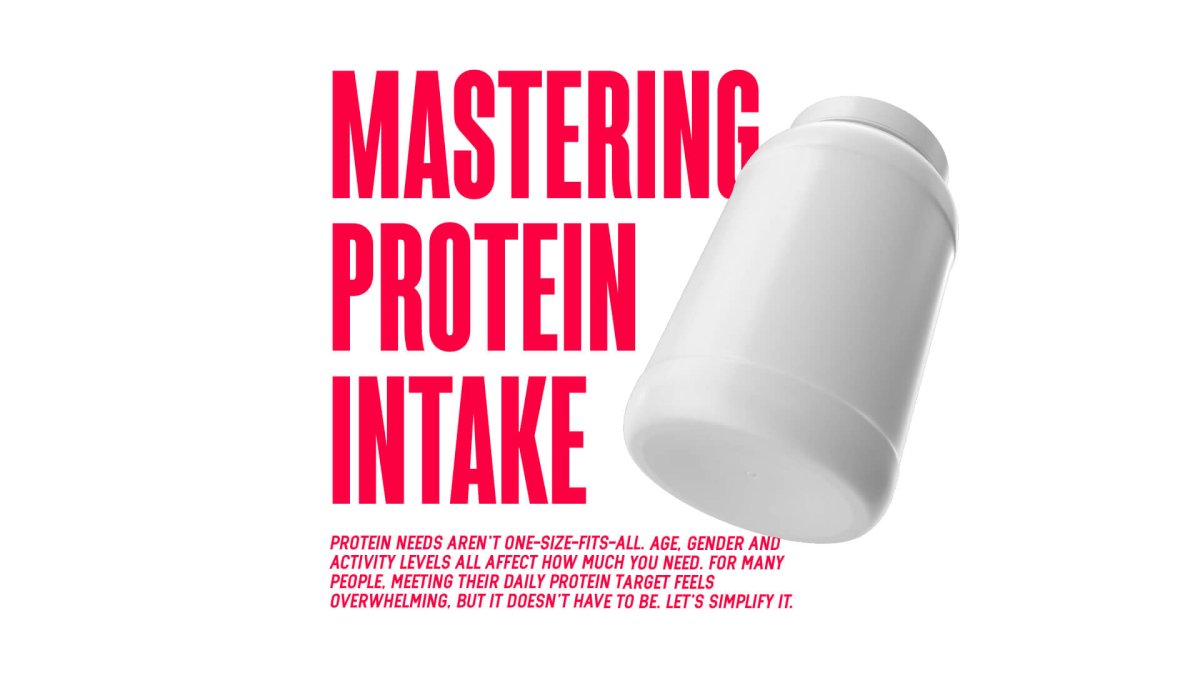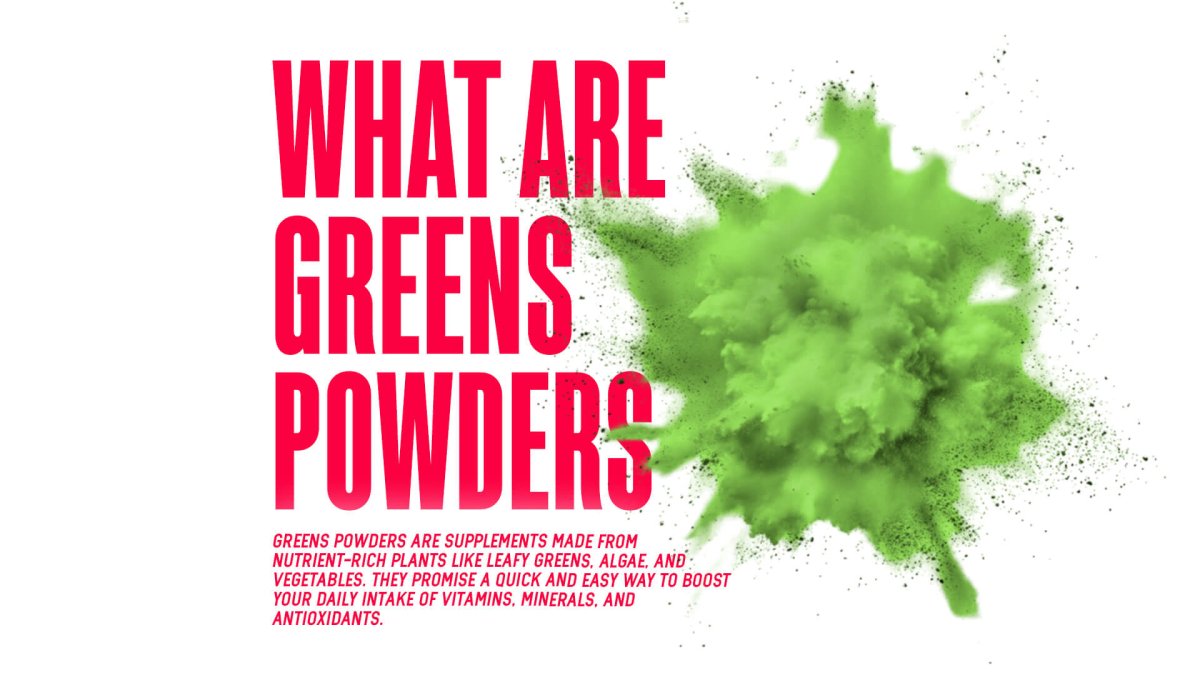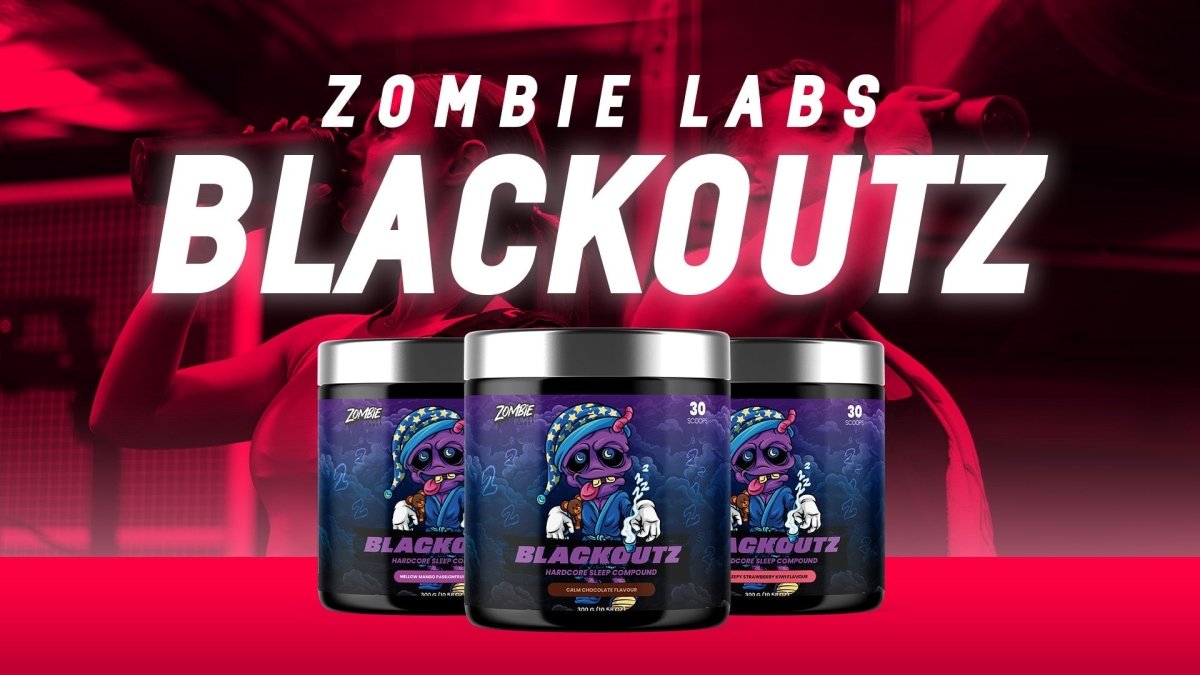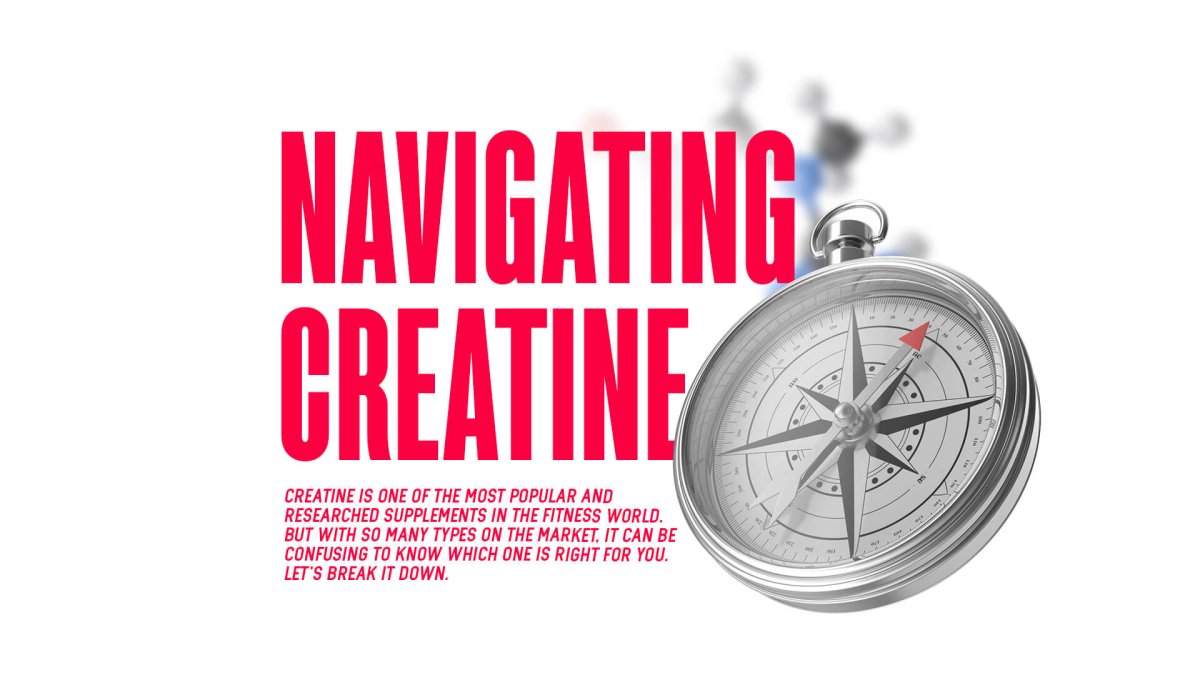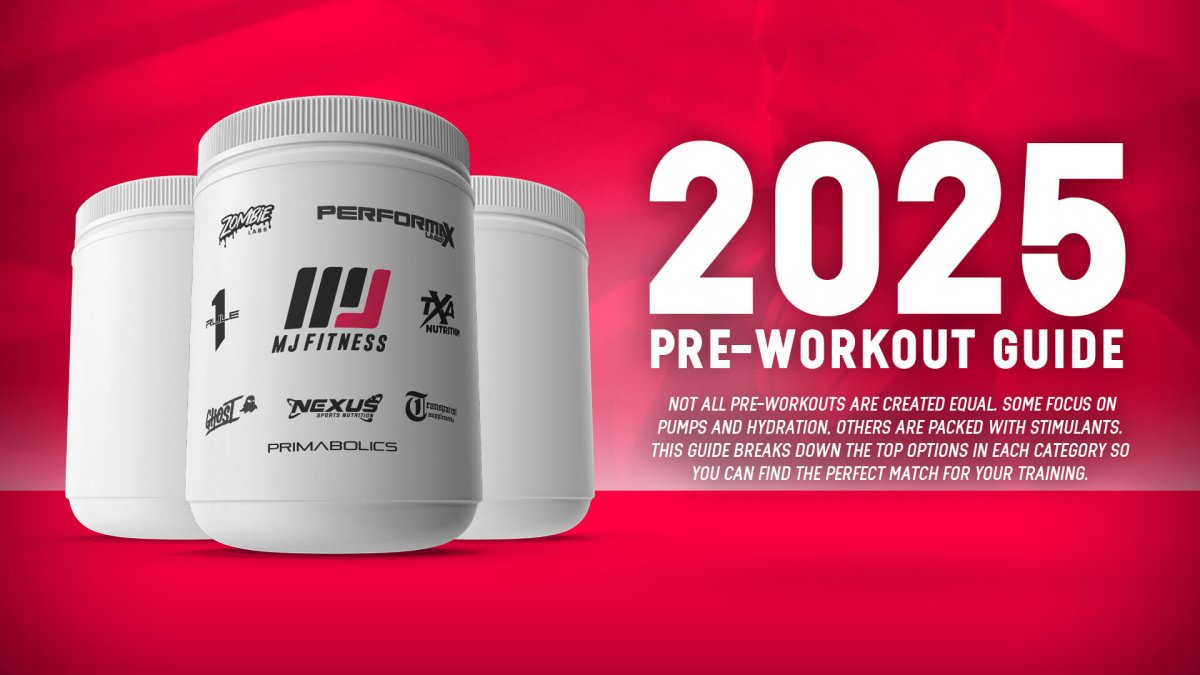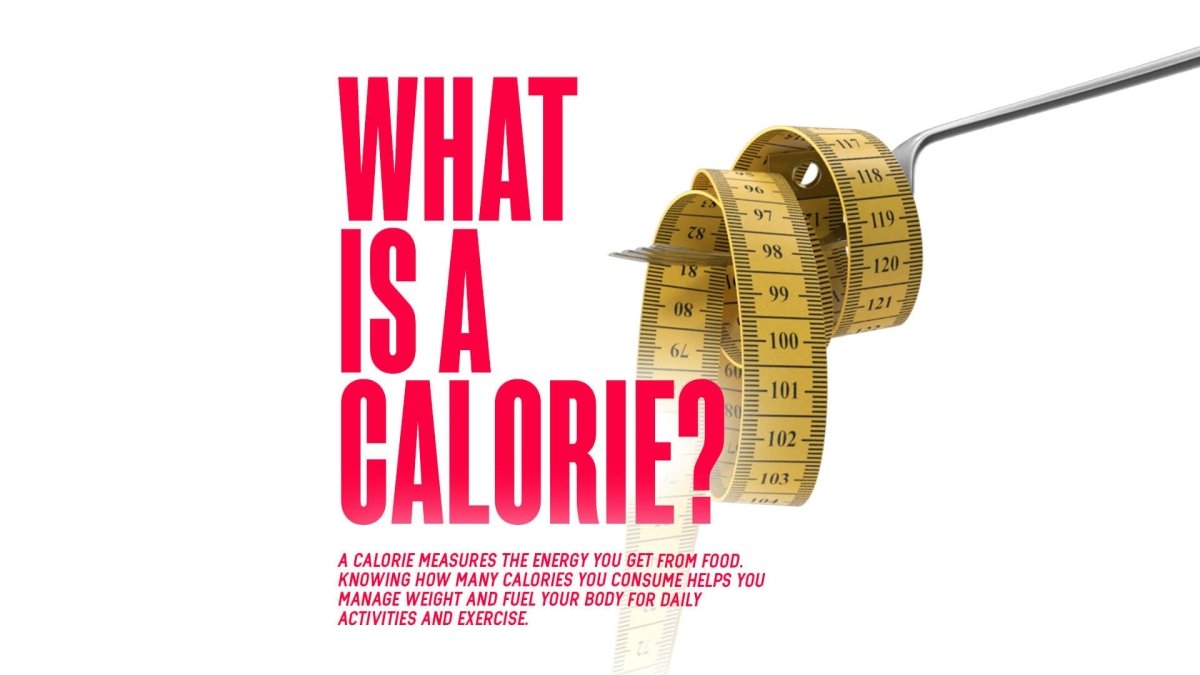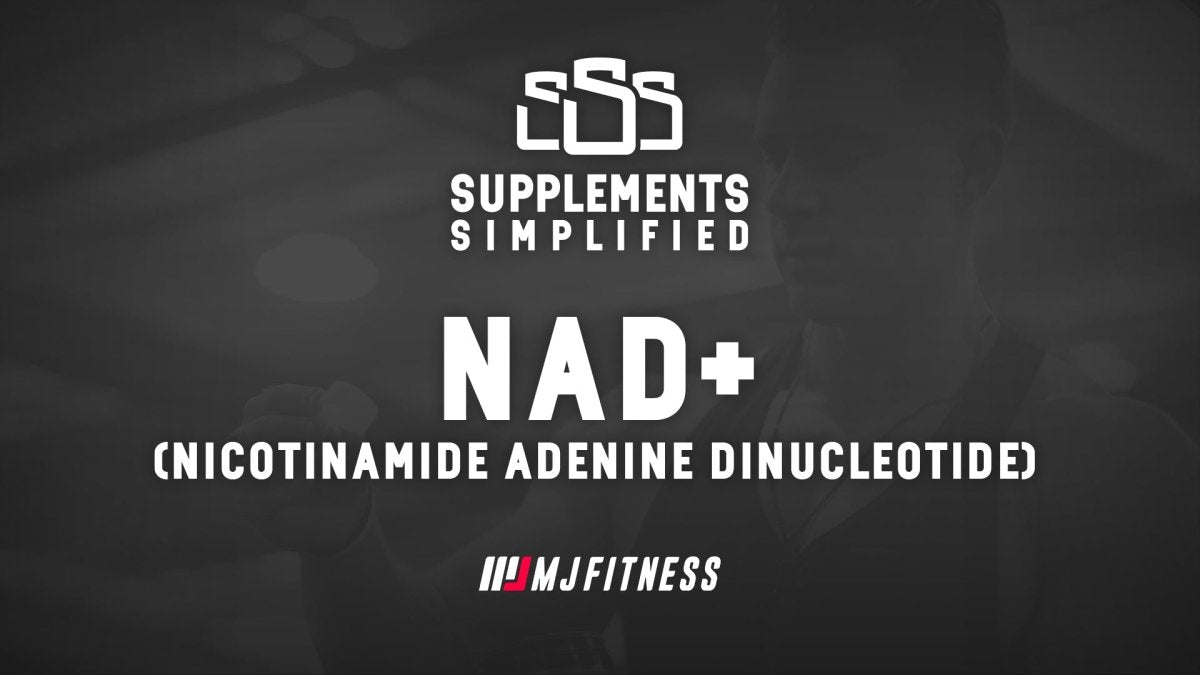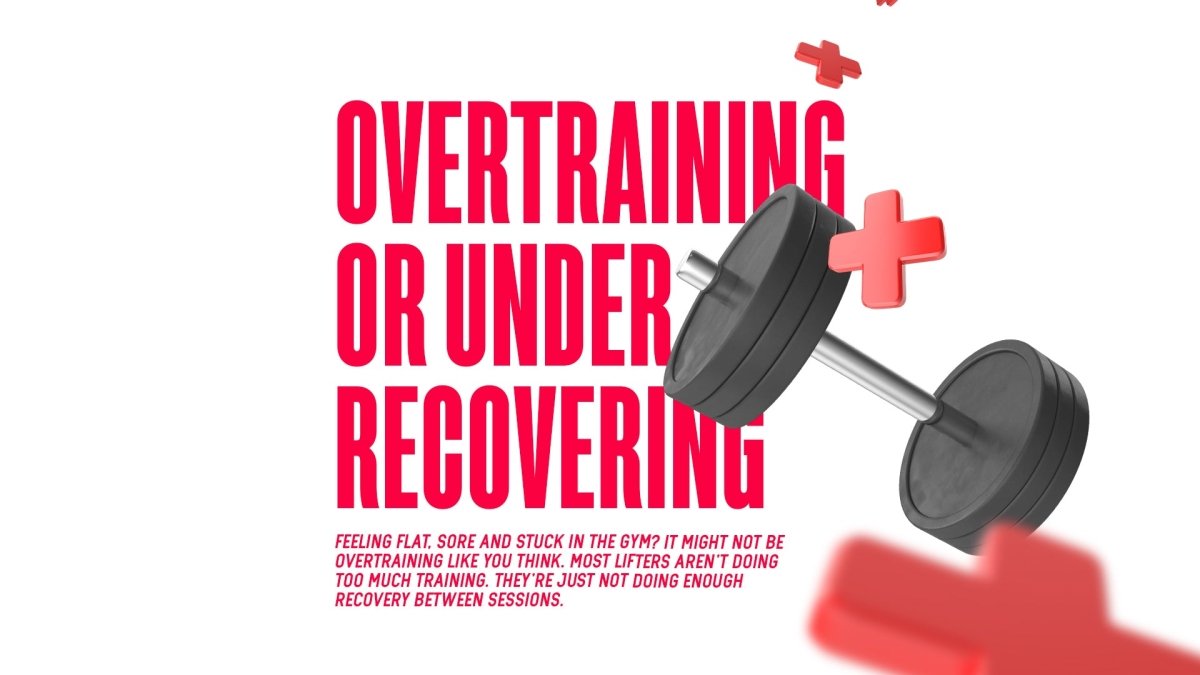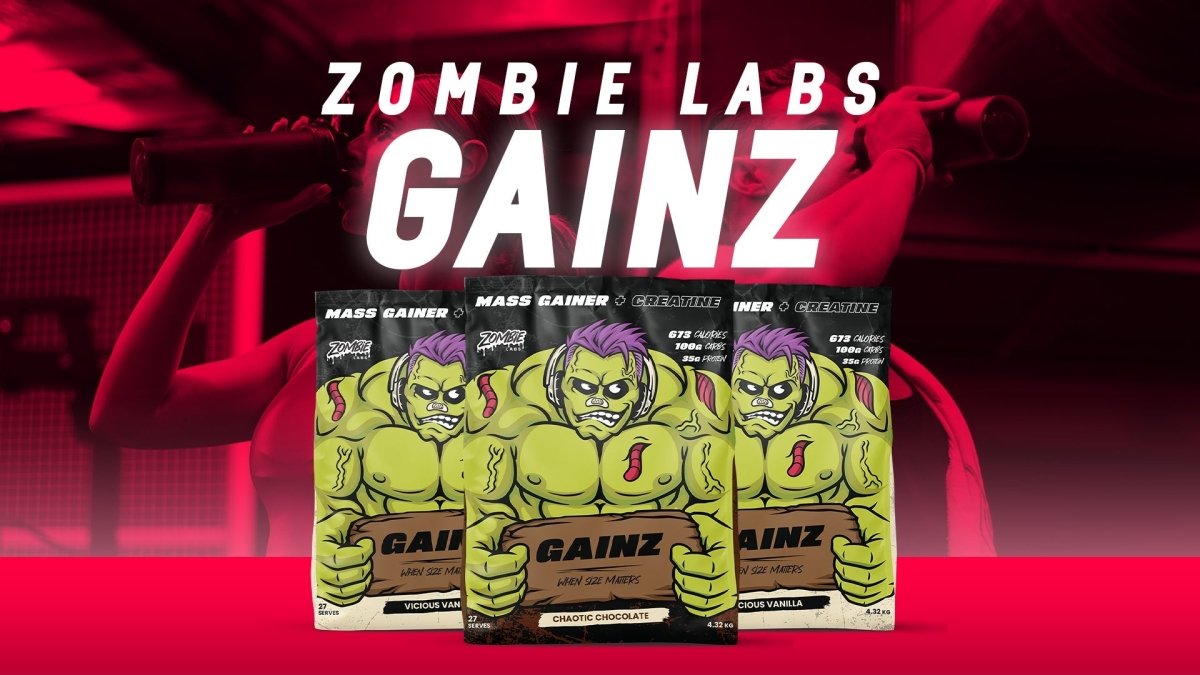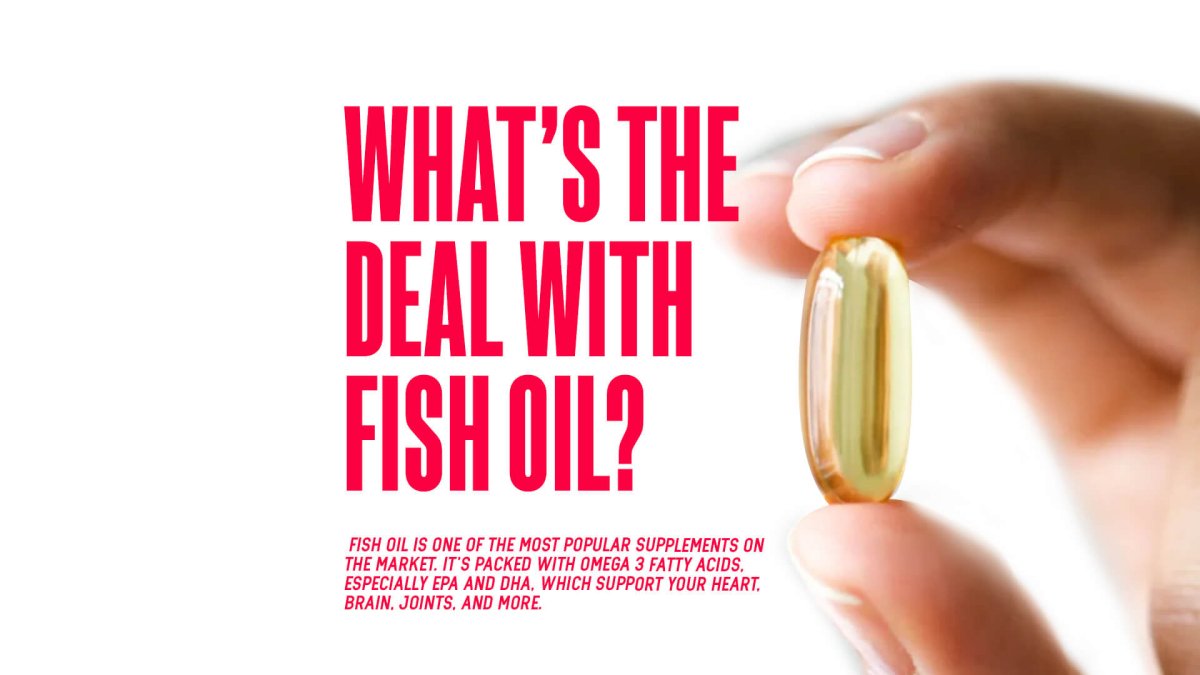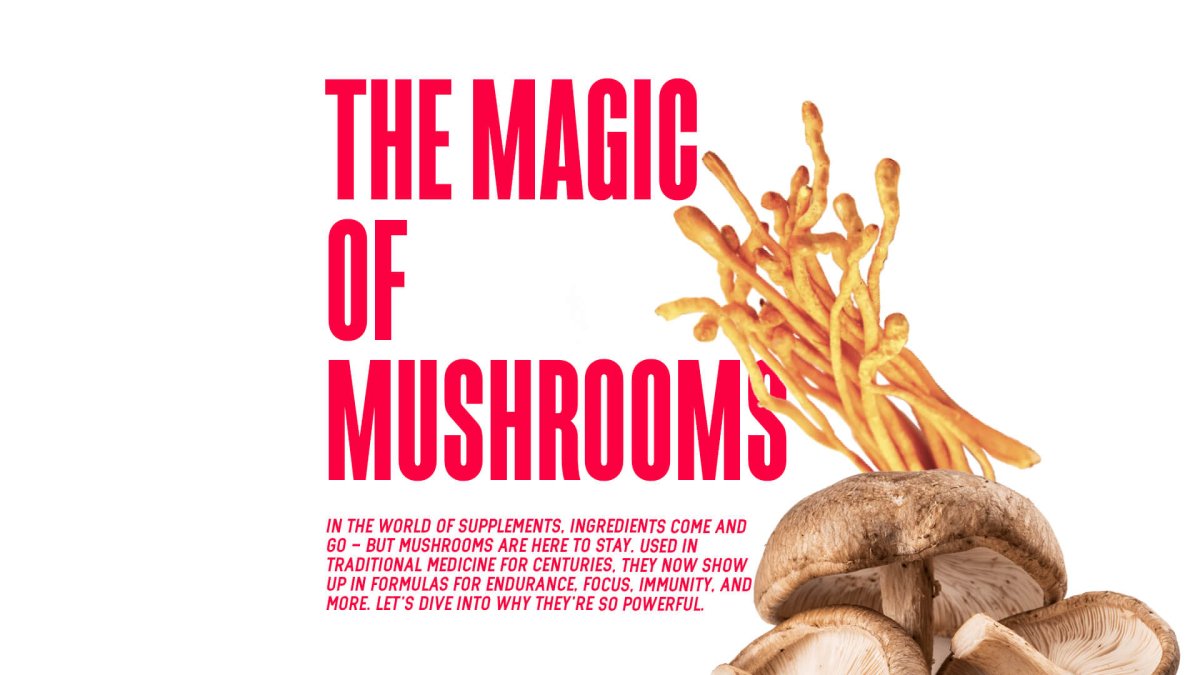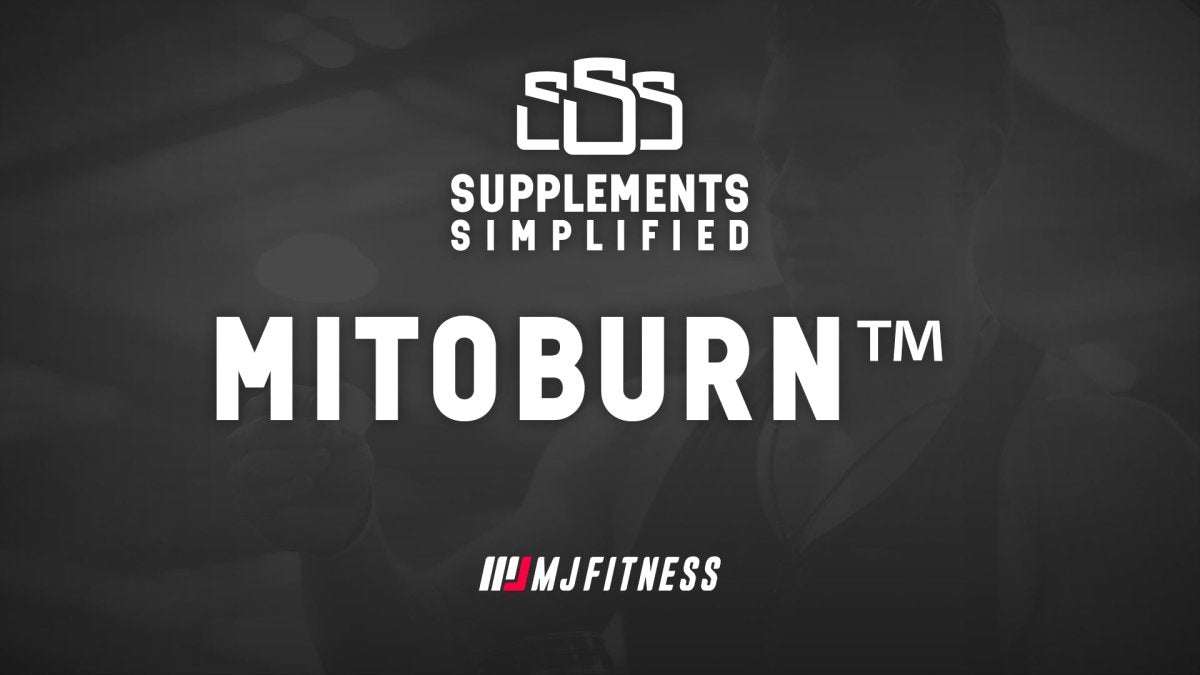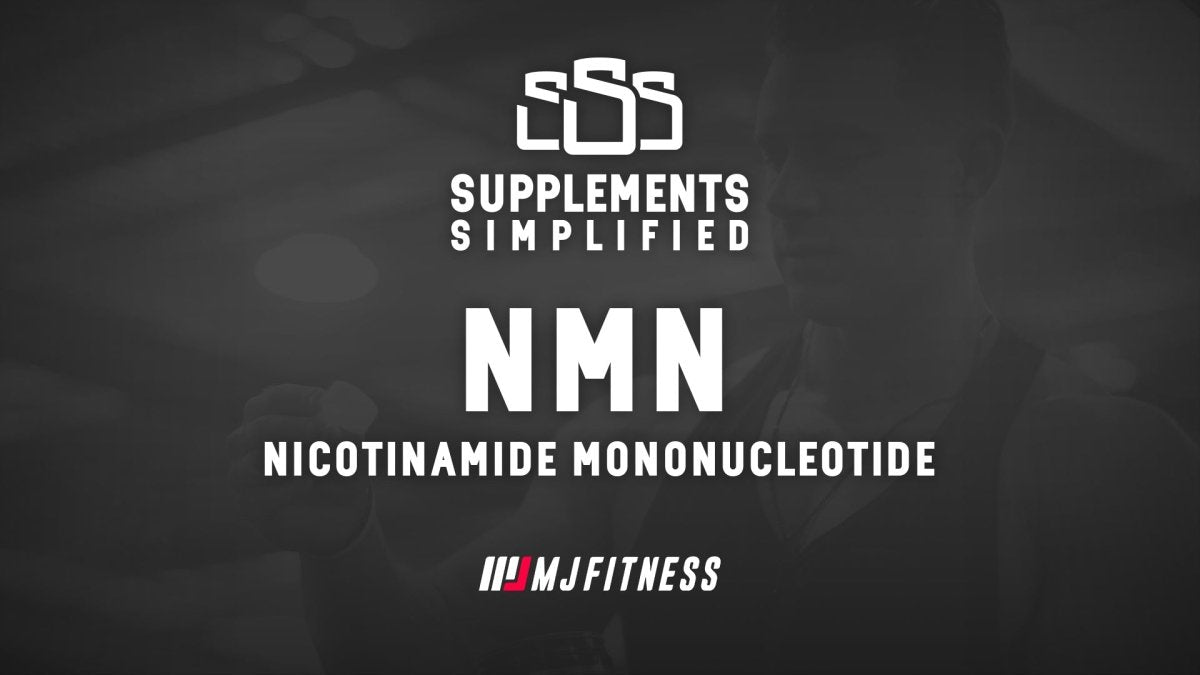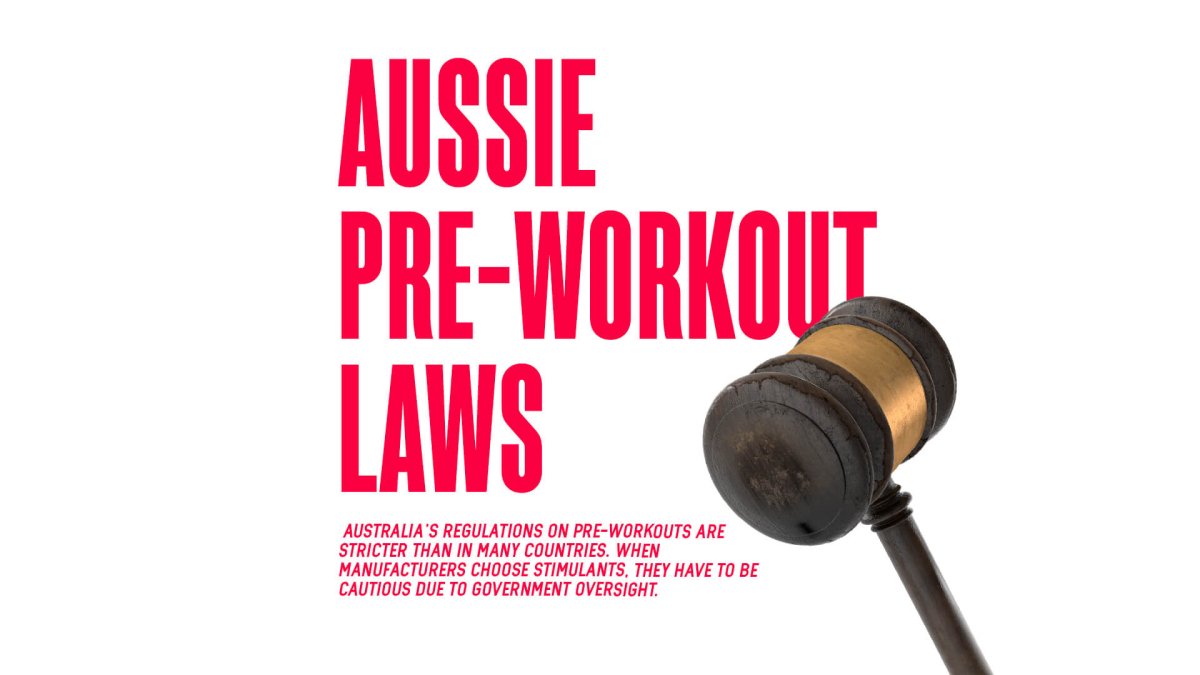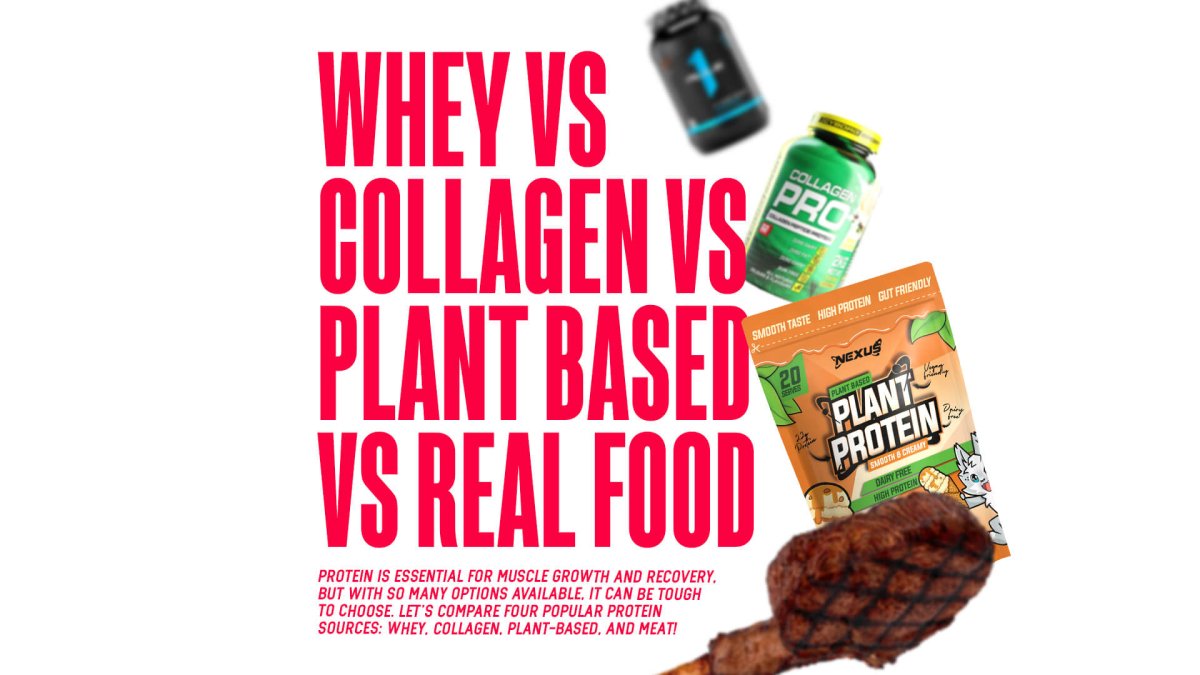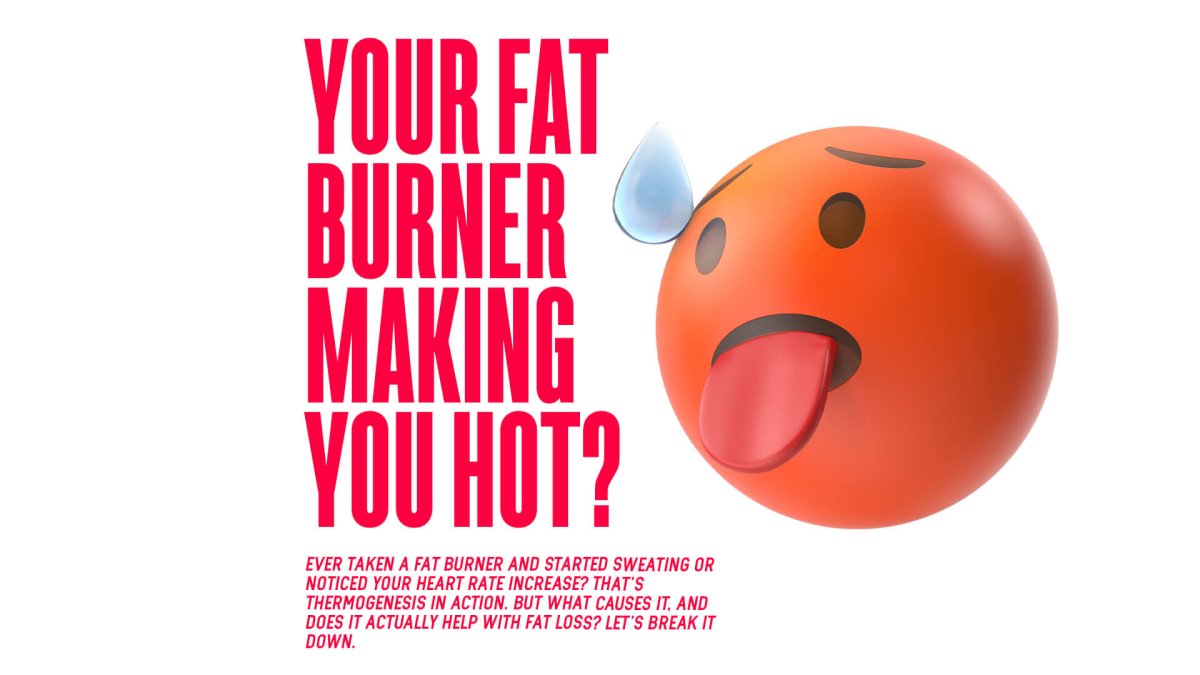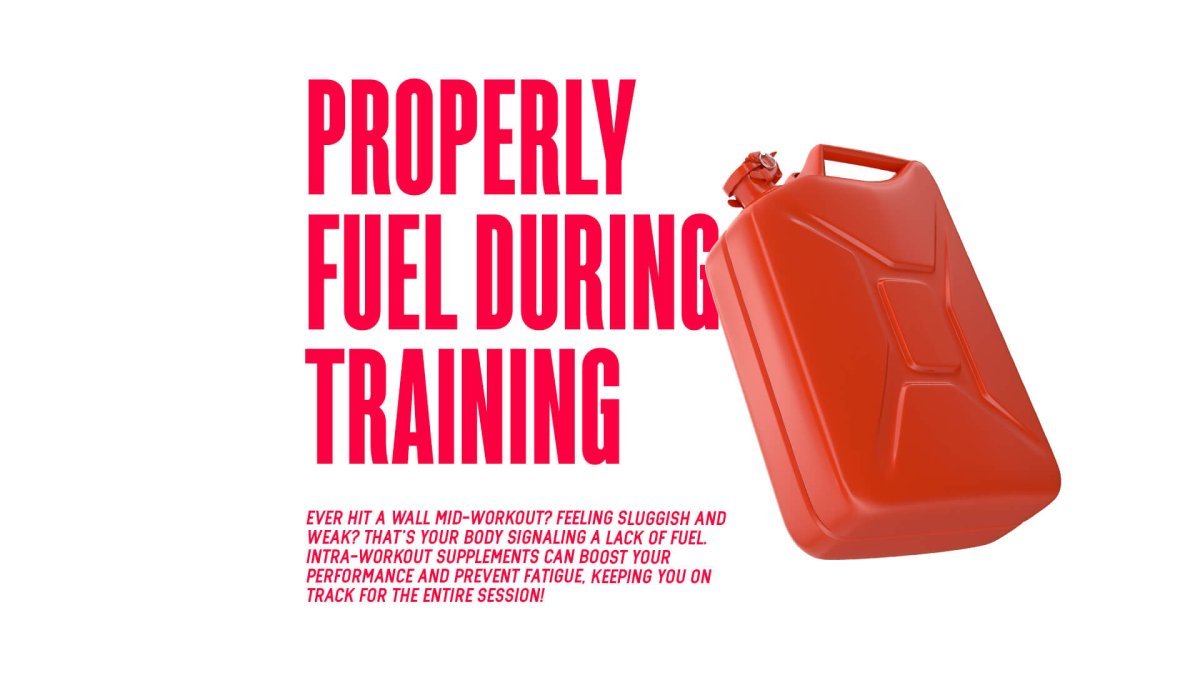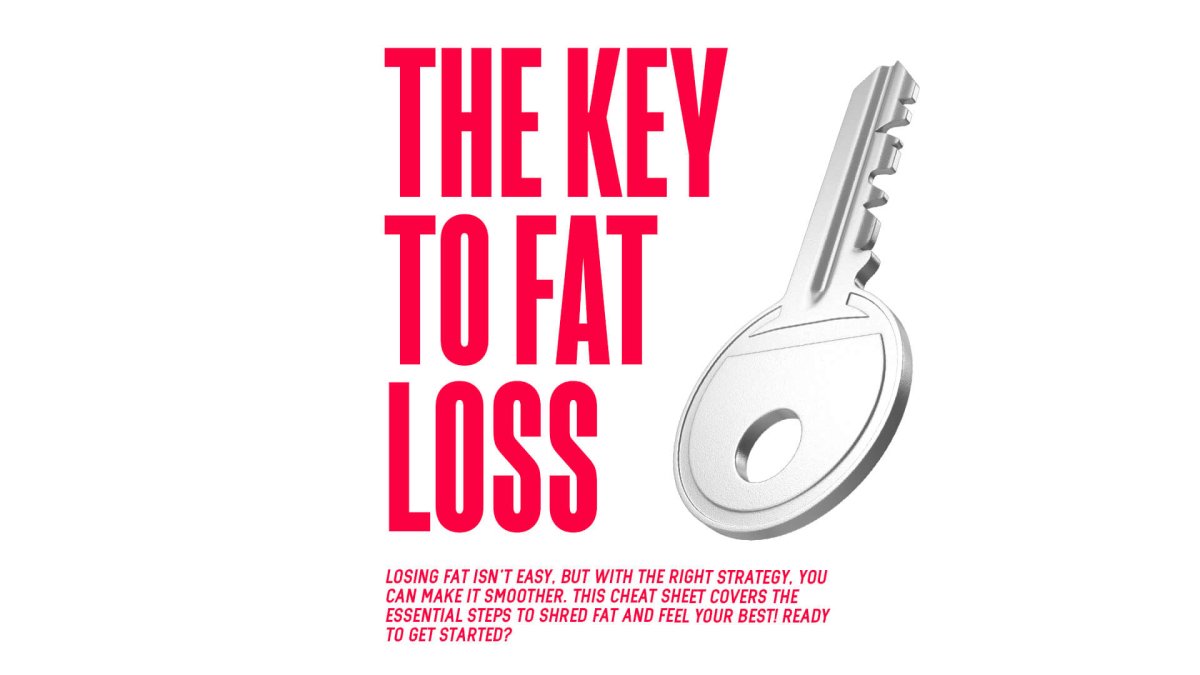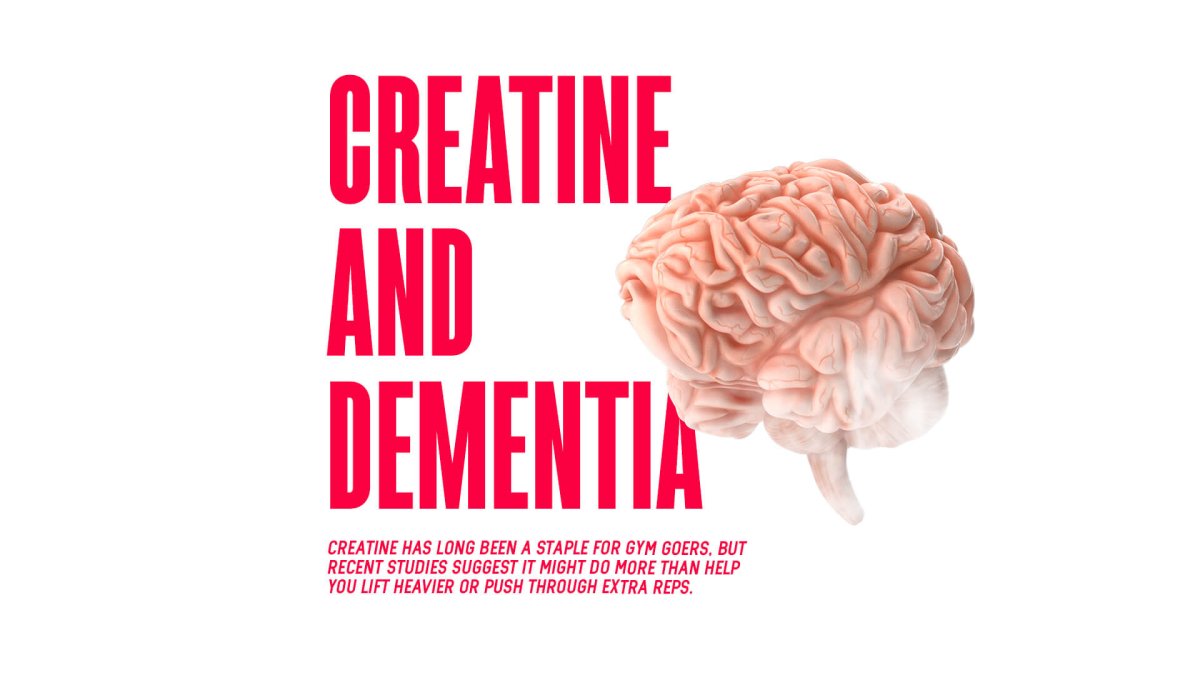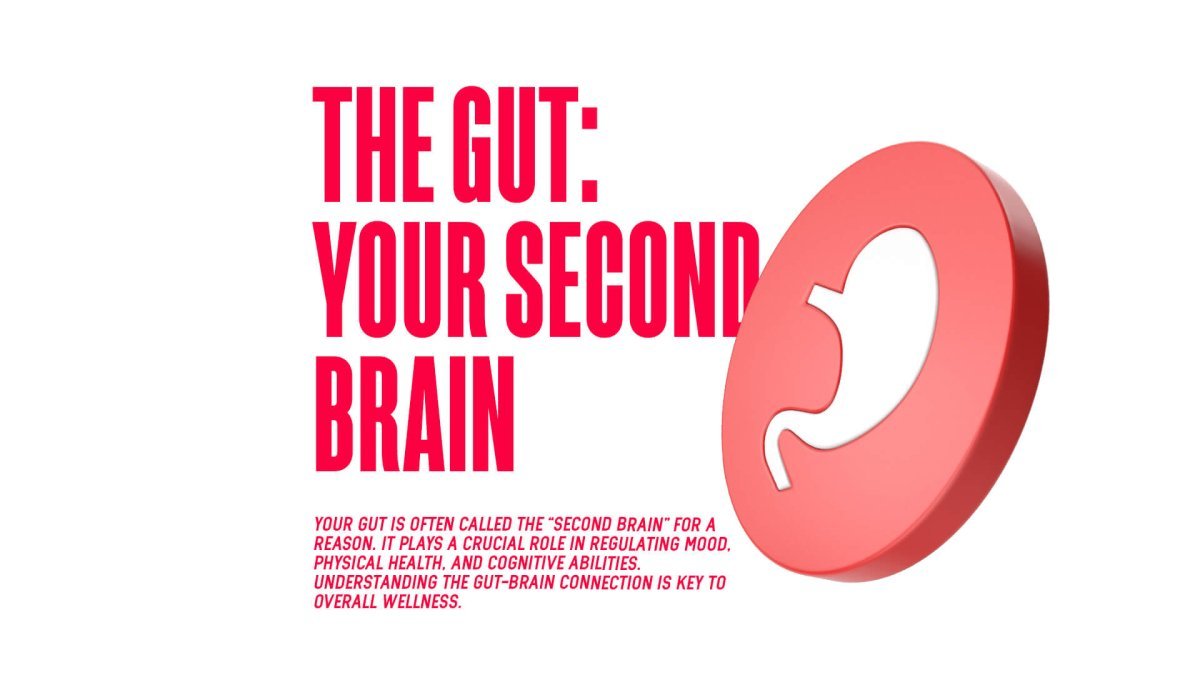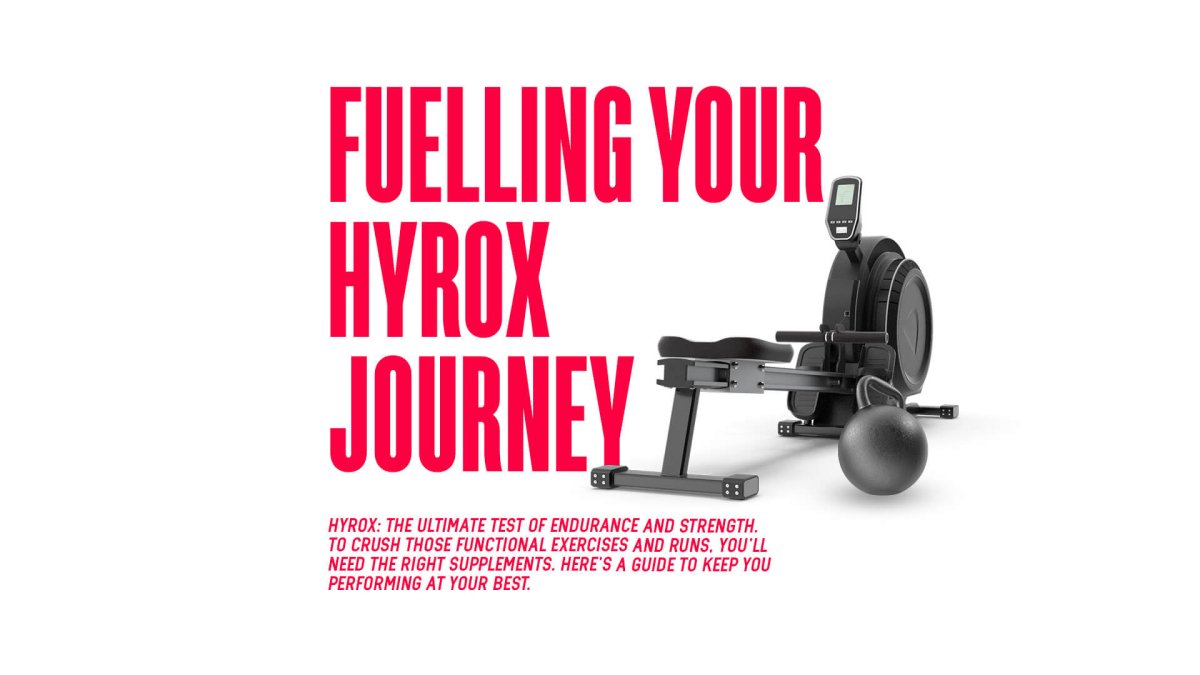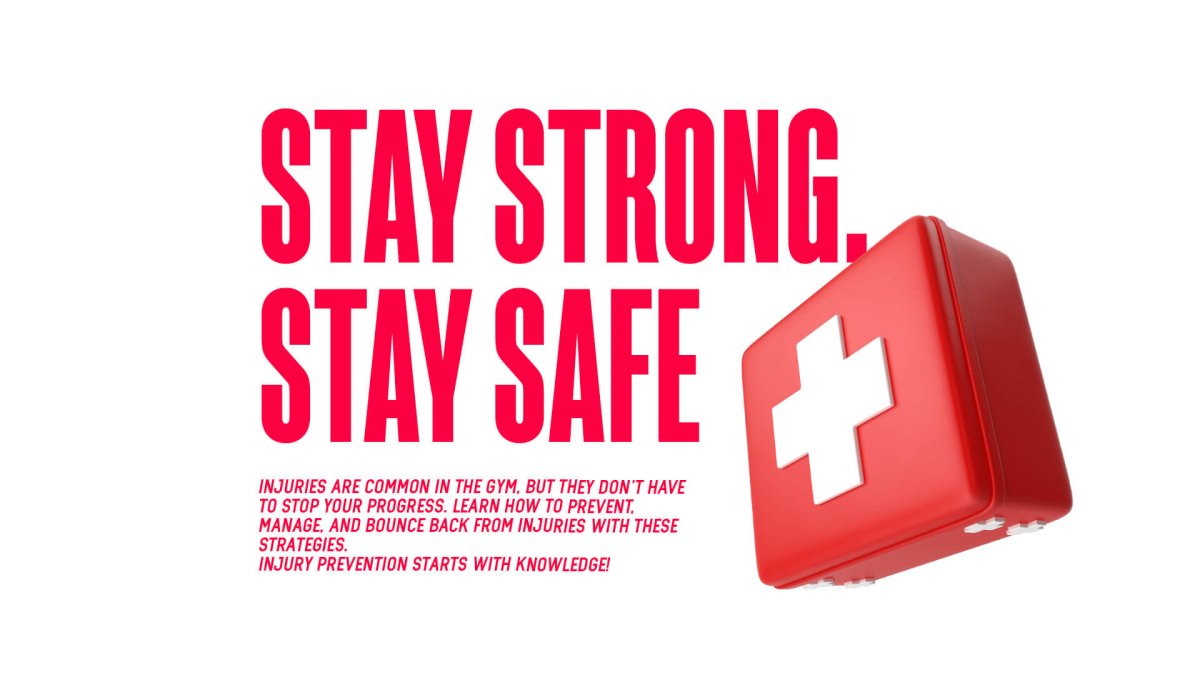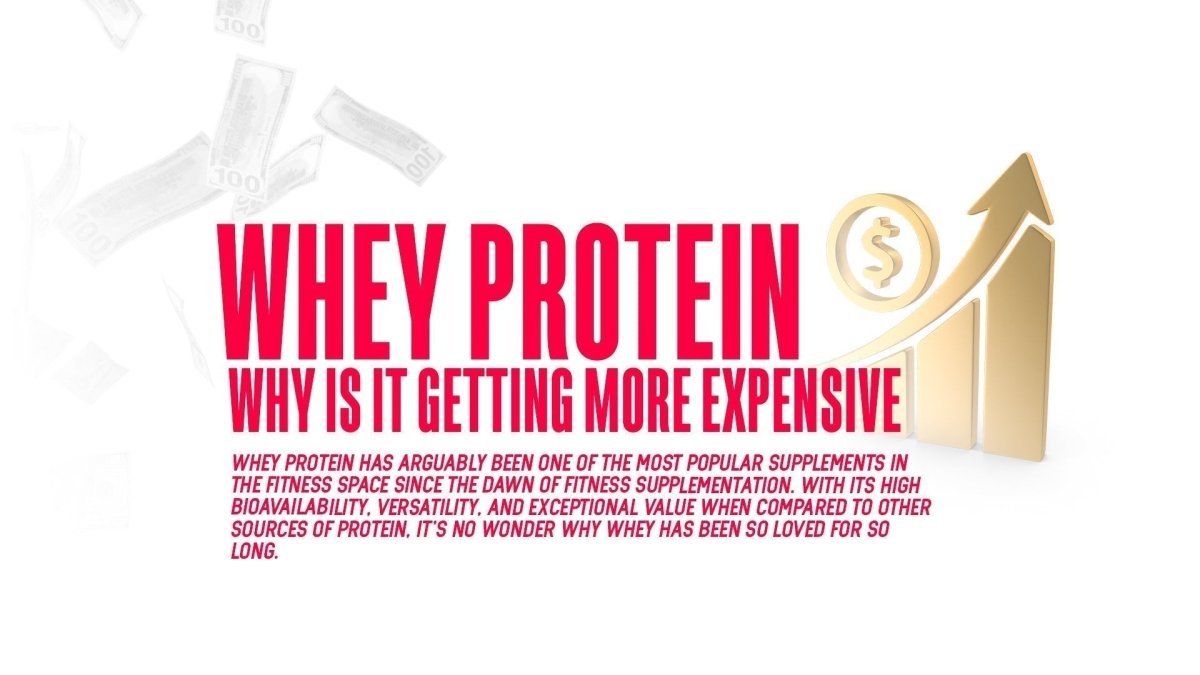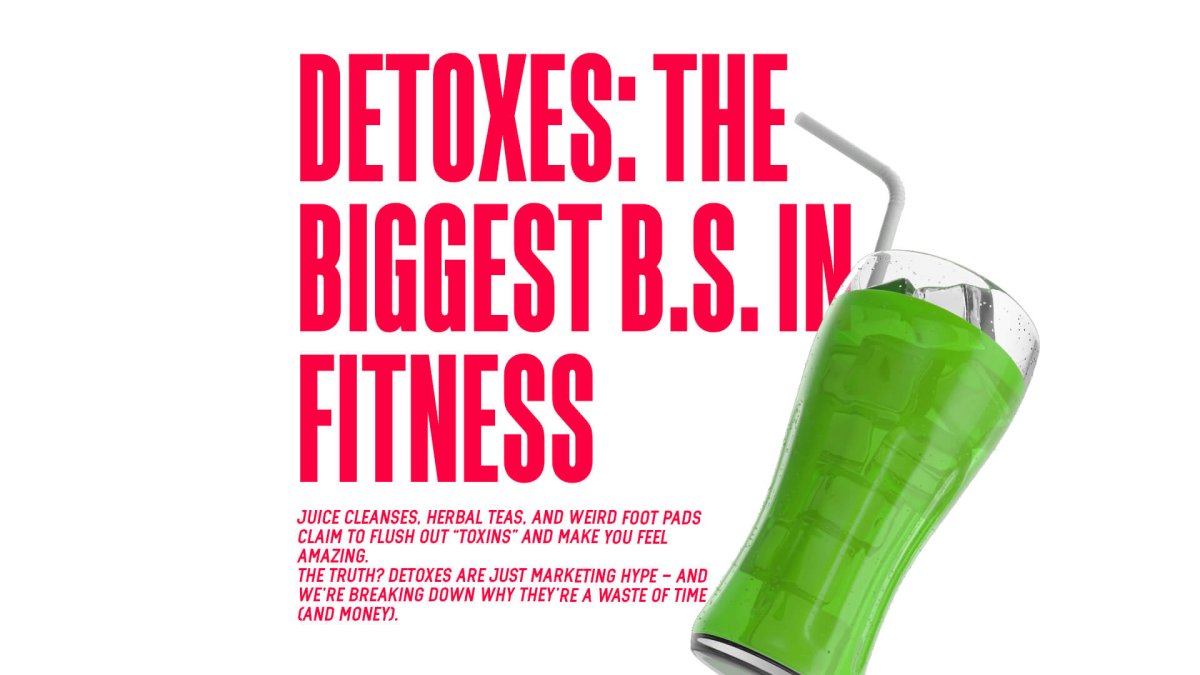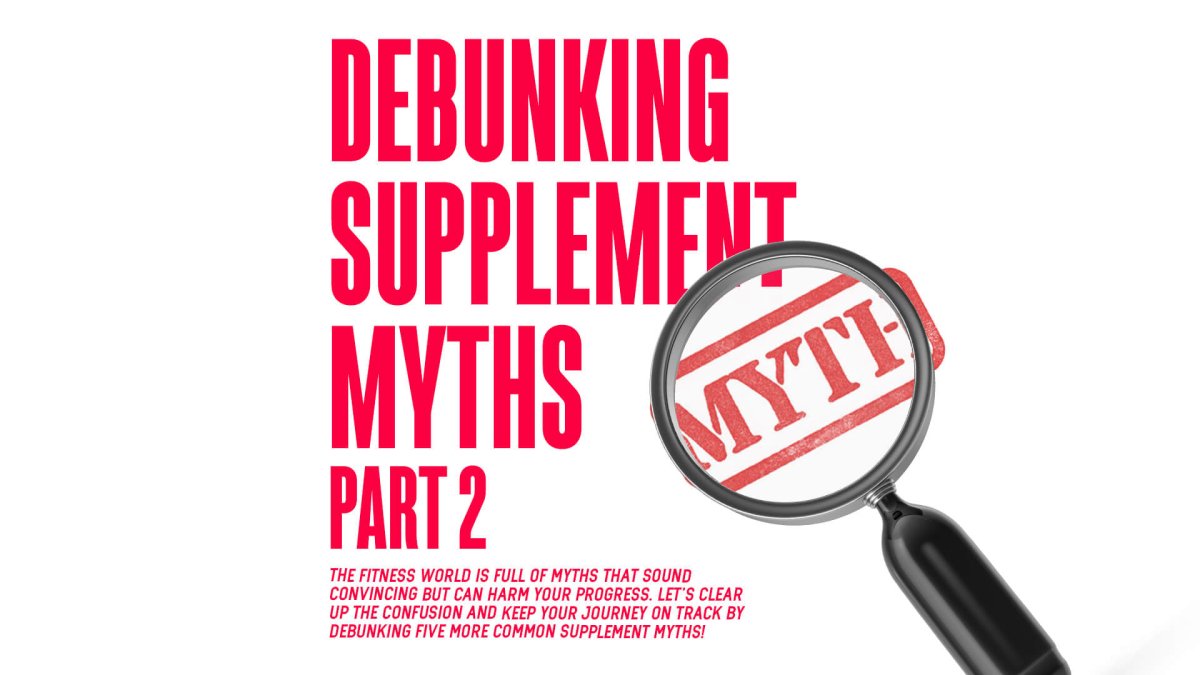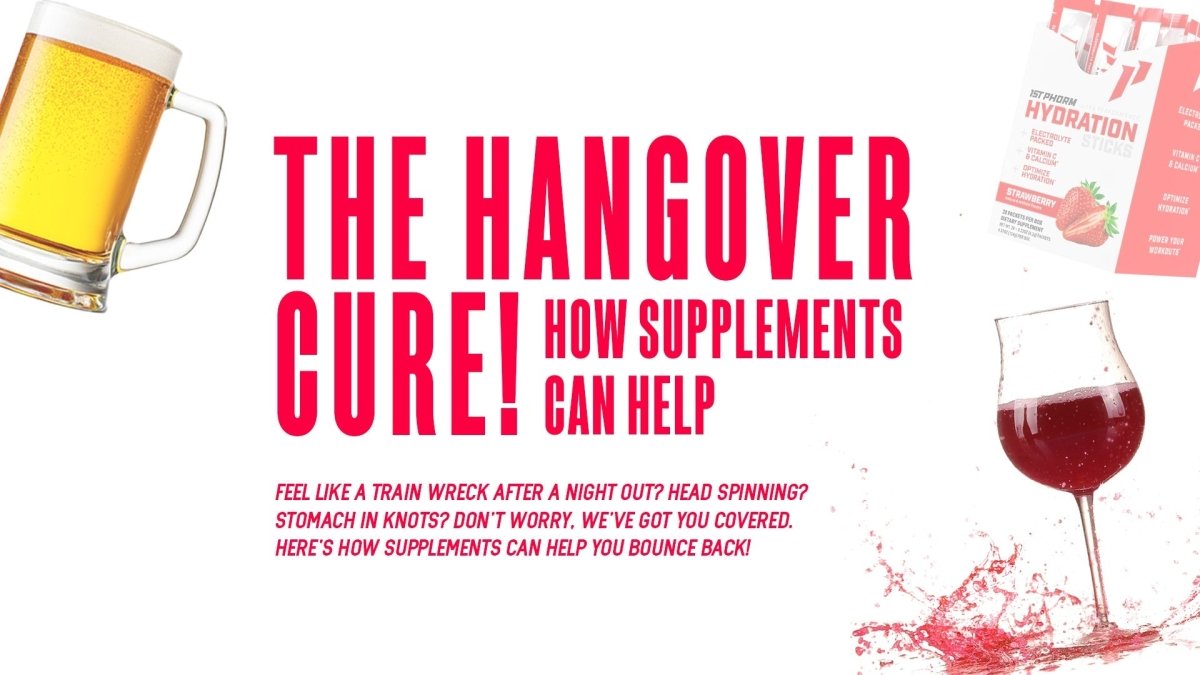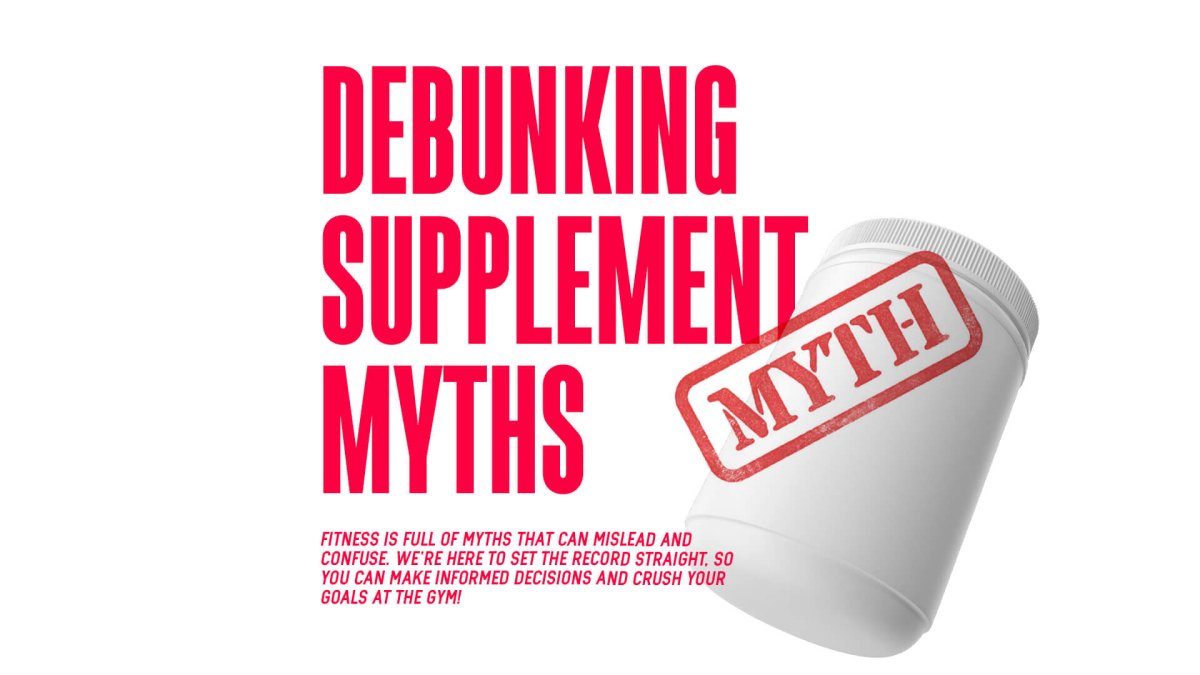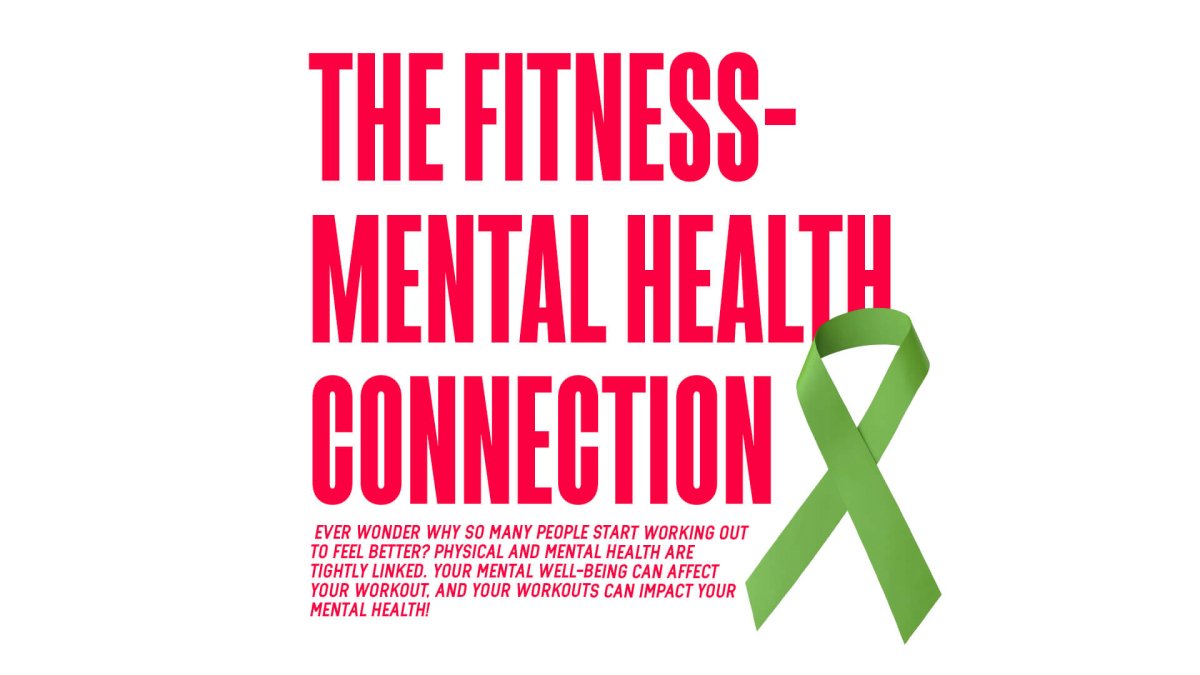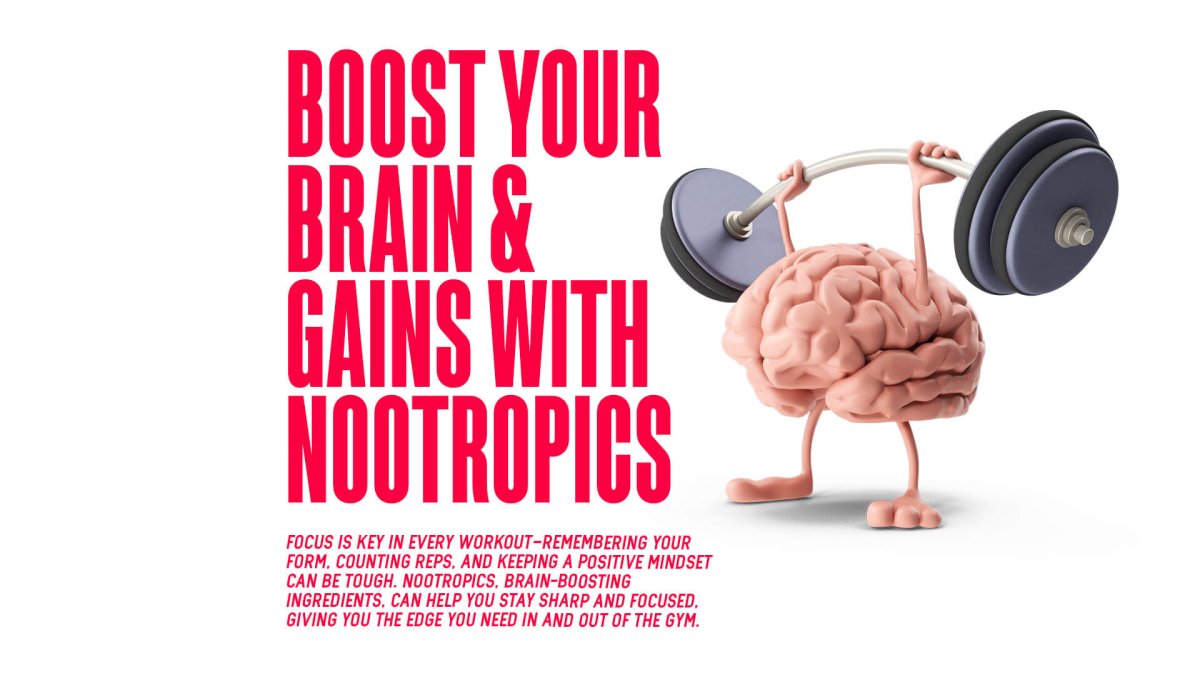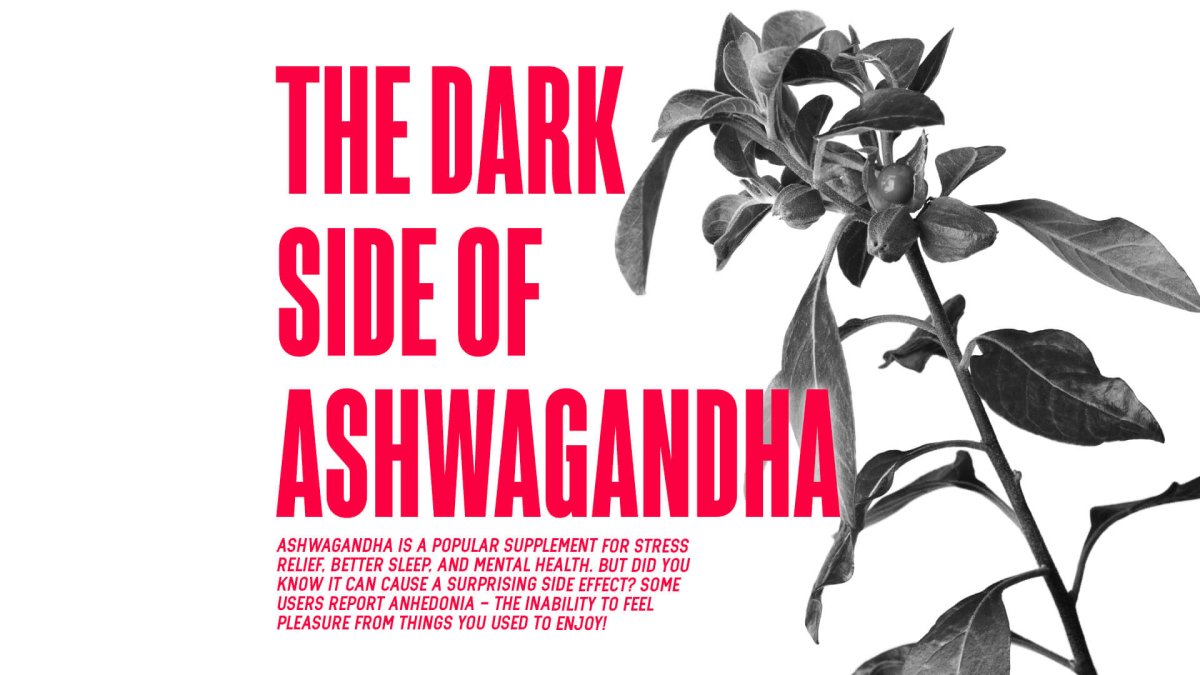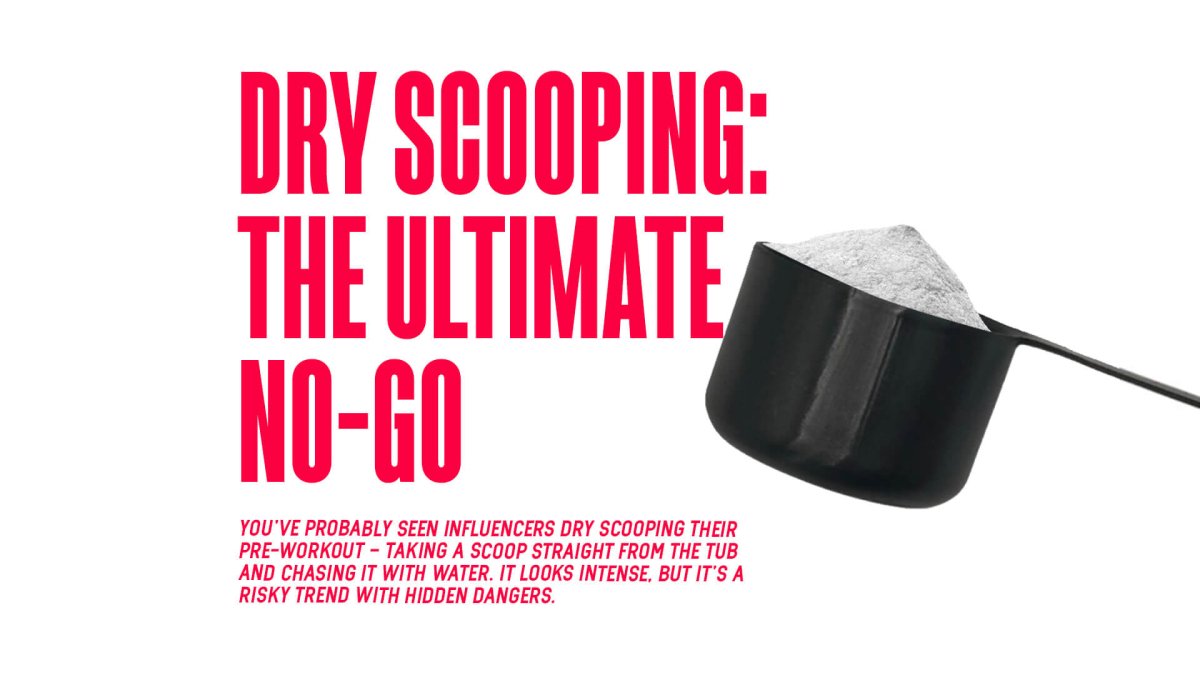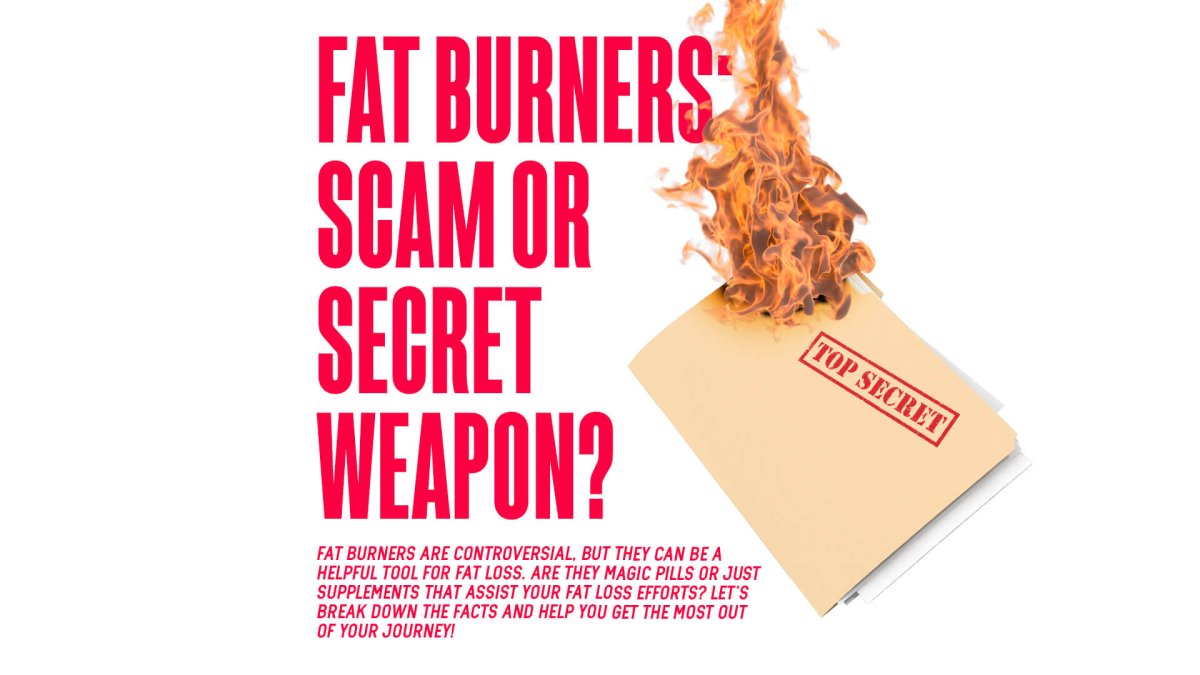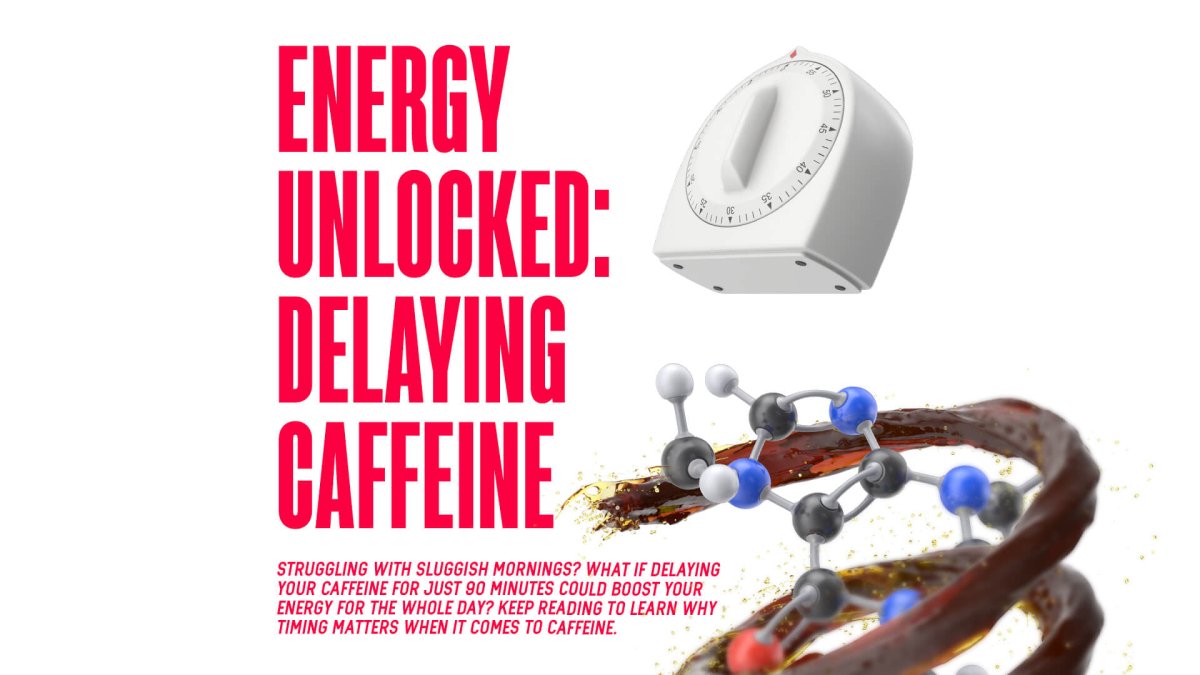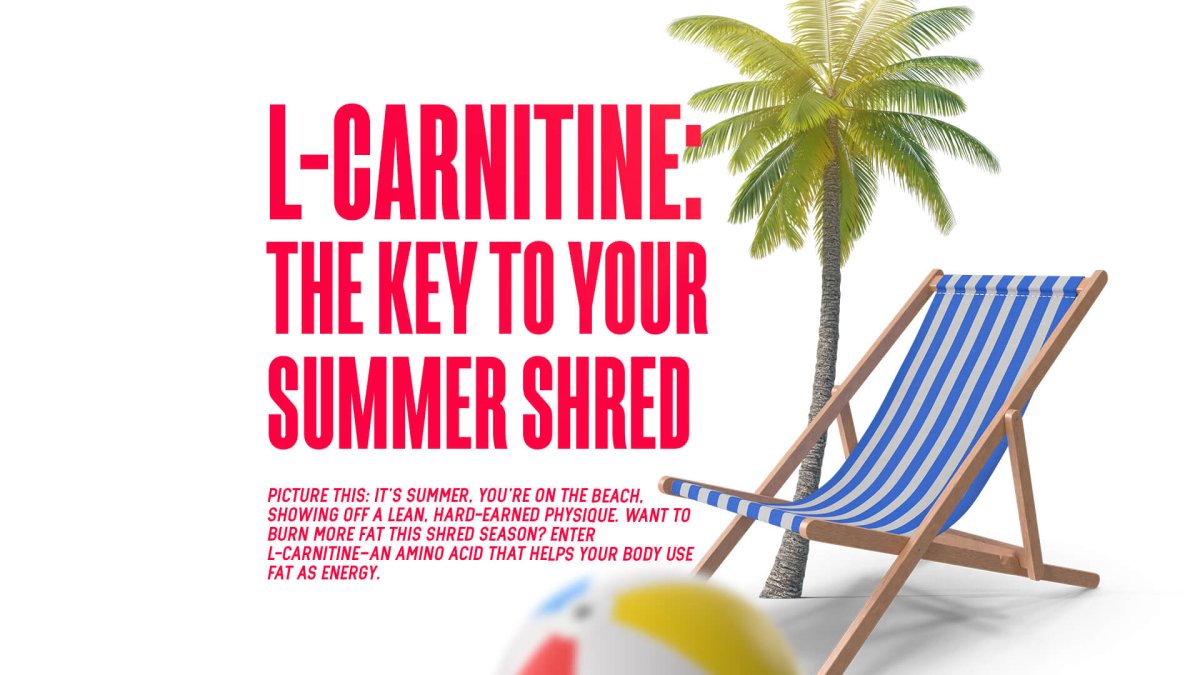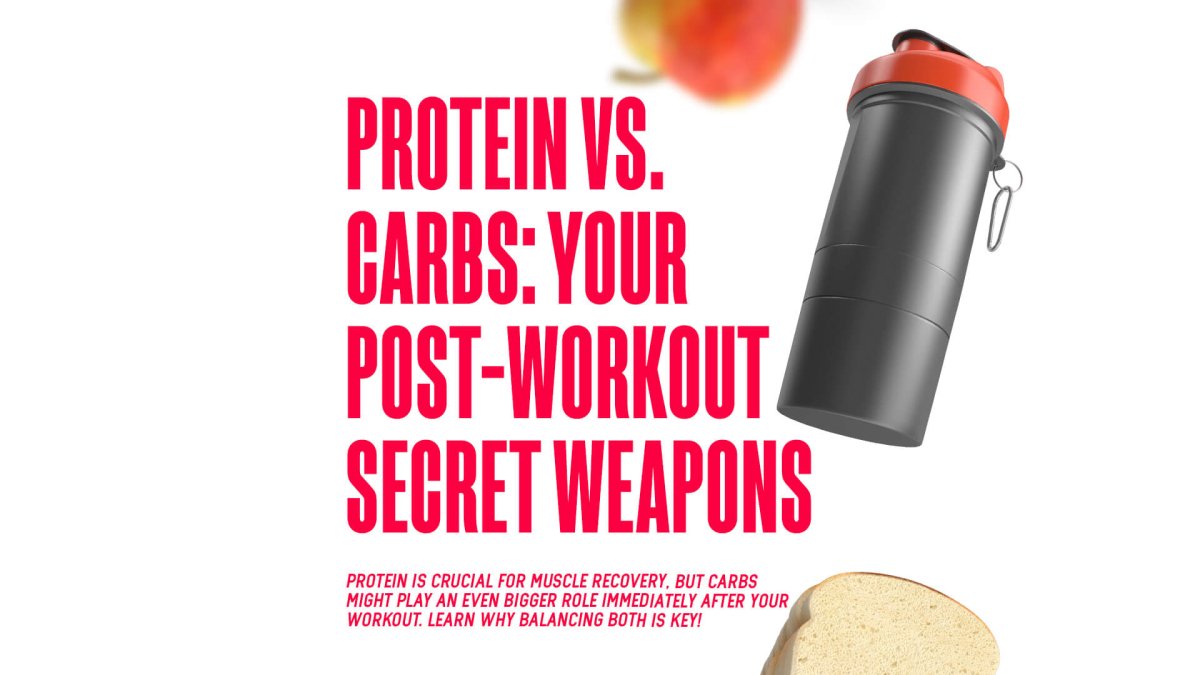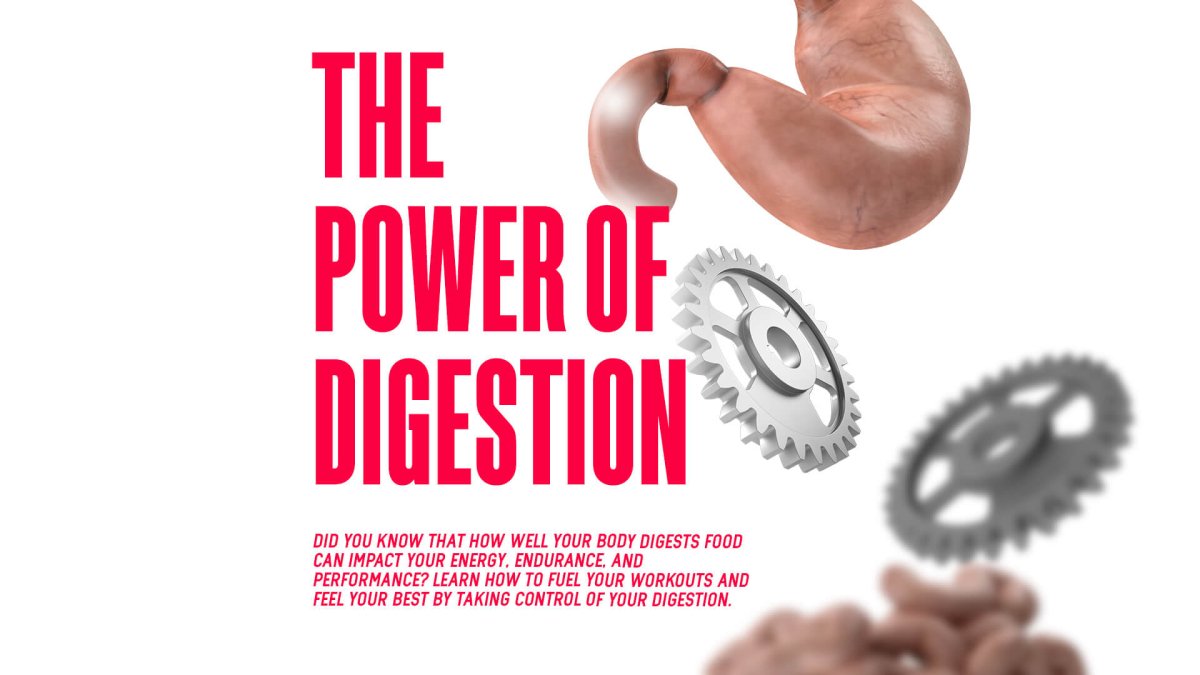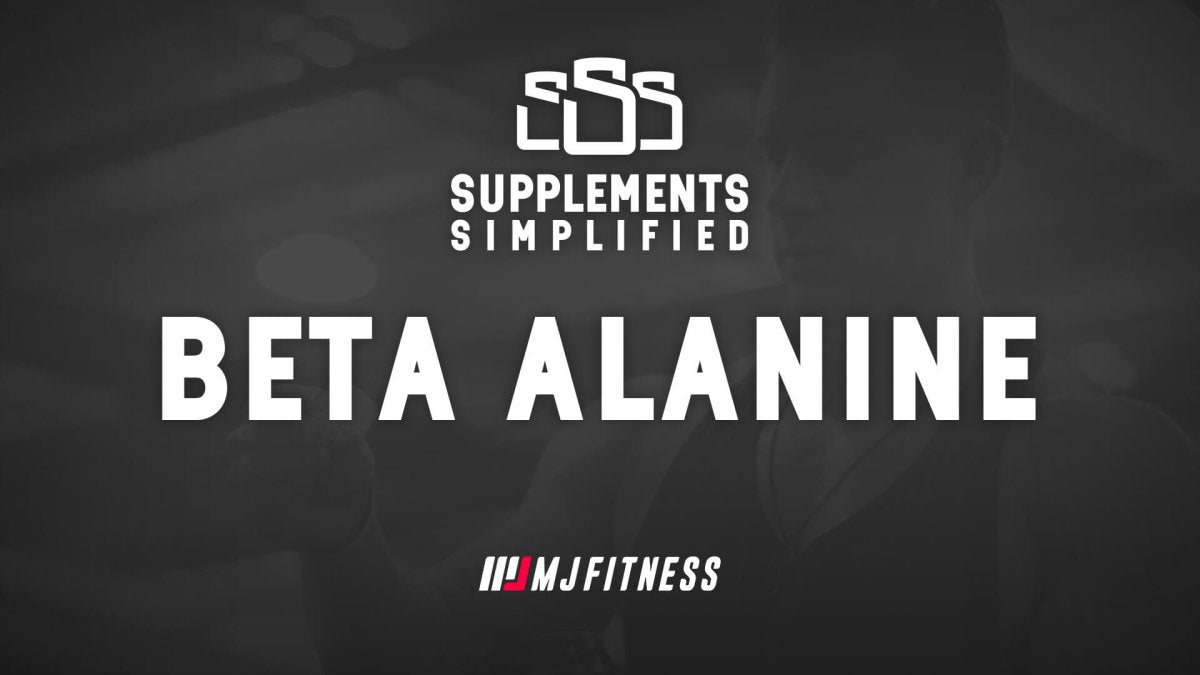You've probably heard a lot of talk about caffeine, but how much of it is true? Is that morning coffee really a good idea? Is it a bad move to have caffeine before bed? And what about taking a break from it every now and then? We've dug into the research to help clear up whether these common beliefs are fact or fiction.
Delay Morning Caffeine
Do you reach for coffee or a caffeinated supplement the moment you wake up? Some people suggest you should wait an hour or two to maximise your cortisol levels and daily energy. If delaying it helps you feel more energised, less jittery, and reduces that afternoon slump, then go for it. But if you're someone who feels great with coffee right away, keep doing what works for you.
Caffeine In The Evening
If you're sensitive to caffeine, you probably know the struggle of lying awake at night after just a sip of coffee, feeling tired but unable to sleep. Meanwhile, those who drink it regularly may think they can have a cup right before bed without any issues. But even if you think it's not affecting you, caffeine too close to bedtime can still reduce your sleep quality. You might feel like you’re sleeping well, but it could be disrupting your sleep cycles. For a better night's rest, consider switching to something gentler, like matcha, tea, or even a hot chocolate in the evening. Night Ops anyone?
Should You Do a Caffeine Detox?
Some people swear by doing a caffeine detox, but is it really necessary? Not exactly, but it can have benefits. If the thought of going without your daily coffee stresses you out, or if you’re finding you need more caffeine to get the same buzz, it might be time to cut back. Slowly reducing your intake (instead of quitting cold turkey to avoid withdrawals) can help you feel less dependent. But if you're not reliant on caffeine and it’s still working for you, there’s no need to make any changes.
Does Caffeine Cause A Crash?
Whether or not you’ll experience an energy crash after caffeine depends on your body’s tolerance and metabolism. Consuming caffeine with food can slow digestion and might reduce the chance of a crash. Or, if you're not used to it, starting with a lower dose might help keep your energy steady. Even the type of caffeine matters—some pre-workouts with 125mg of caffeine may leave you feeling sluggish, while others with 250mg keep you energized all day. The quality of the product and other factors like sleep and diet also play a role.
Coffee vs. Energy Drinks
There’s a common belief that coffee is "healthier" than energy drinks. But they each have their own pros. Coffee is more of a natural ingredient, while energy drinks are packed with extras like vitamins, fat burners, nootropics, and electrolytes. As long as you watch your overall caffeine and sugar intake, both can be fine choices.
Can Coffee Count Toward Water Intake?
A lot of people think coffee, even black coffee, doesn’t count toward hydration because of its diuretic effect. But this can actually depend on where you live. Some countries, like Fiji and Indonesia, recommend adjusting your water intake when you drink tea or coffee. Others, like Malaysia, don’t. Generally, one or two cups of coffee can count toward your daily water intake, but if you're drinking extra shots or several cups, it's a good idea to have some water on the side.
Conclusion
Now that you've got the facts, you can better decide if caffeine fits into your routine. If you love your pre-workout caffeine boost, go for it! But if you think cutting back might help you feel better, there are plenty of caffeine-free options out there. The key is to listen to your body and adjust as needed.




